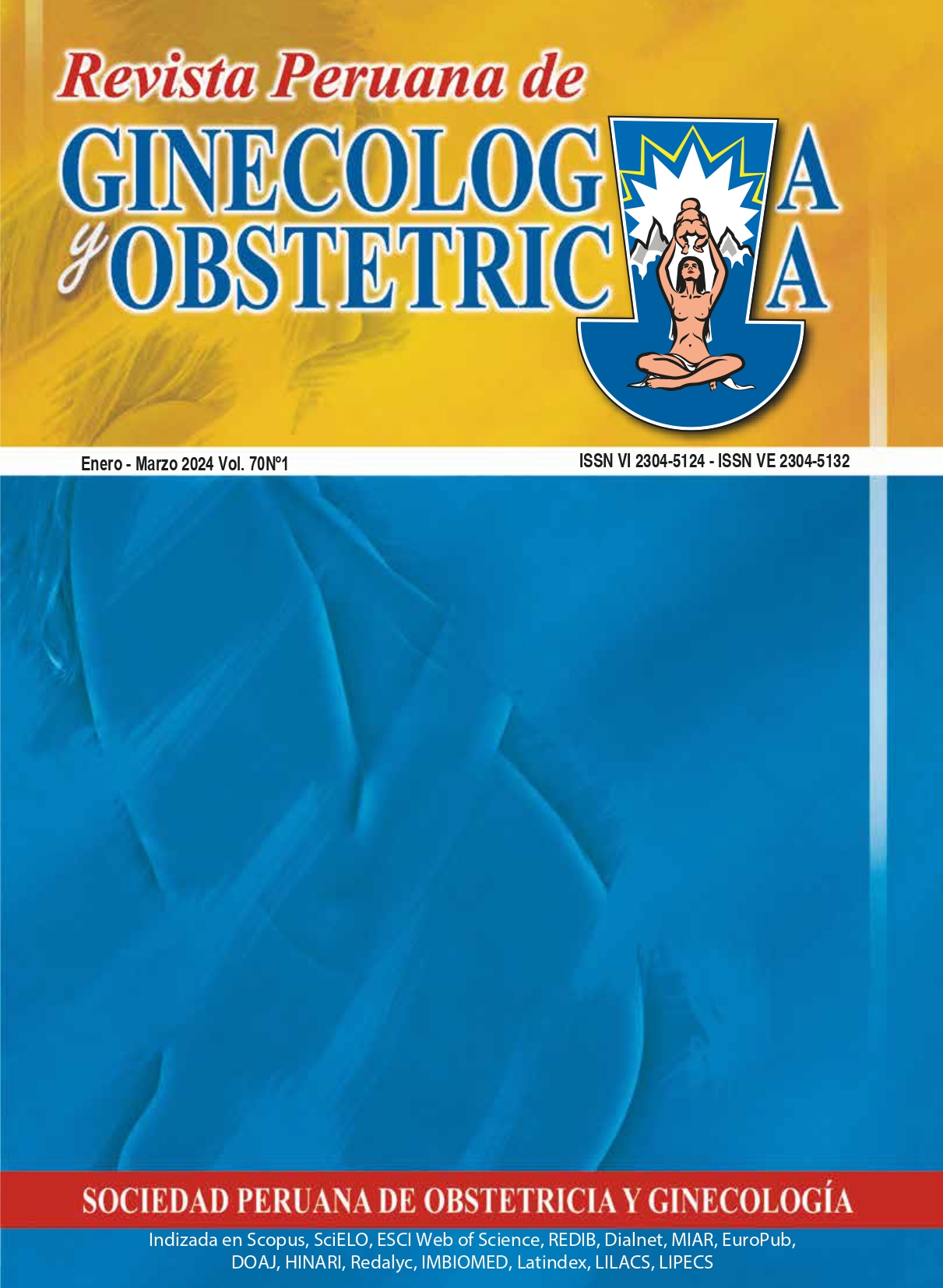Development of fetal surgery in Ecuador, collaboration between health care and academia, a good practice
DOI:
https://doi.org/10.31403/rpgo.v70i2599Keywords:
Medicine, fetal, Surgery, fetal, Diagnosis, fetal, Fetal research, Congenital anomalies, EcuadorAbstract
In Ecuador, approximately 250,000 children are born every year. In 2022, there
were 1,609 deaths of children under one year of age. Of these deaths, 21.5%
were due to congenital anomalies, occupying second place among the ten leading
causes of mortality. This reality of fetal, neonatal and infant health has been
echoed by international organizations that urge countries to strengthen the timely
diagnosis of congenital defects, relying on technological advancement, training of
human resources and investment in areas of care of the fetus as a patient, taking
into account that some of these defects can be treated in prenatal life, reducing
sequelae, and improving the quality of life. In response to these needs, in Ecuador
agreements were generated between the University-Academy, Ministry of Public
Health-Assistance and private groups dedicated to continuing education, to jointly
develop a sustainable fetal health program that benefits fetuses that are carriers of
pathologies. In this paper we describe one of the arms of this project that is related
to the care of fetuses that can benefit from the advancement of fetal surgery in
Ecuador.
Downloads
Downloads
Published
How to Cite
Issue
Section
License
Copyright (c) 2024 Belén Nieto Castro

This work is licensed under a Creative Commons Attribution 4.0 International License.
Esta revista provee acceso libre inmediato a su contenido bajo el principio de que hacer disponible gratuitamente la investigación al publico, lo cual fomenta un mayor intercambio de conocimiento global.















